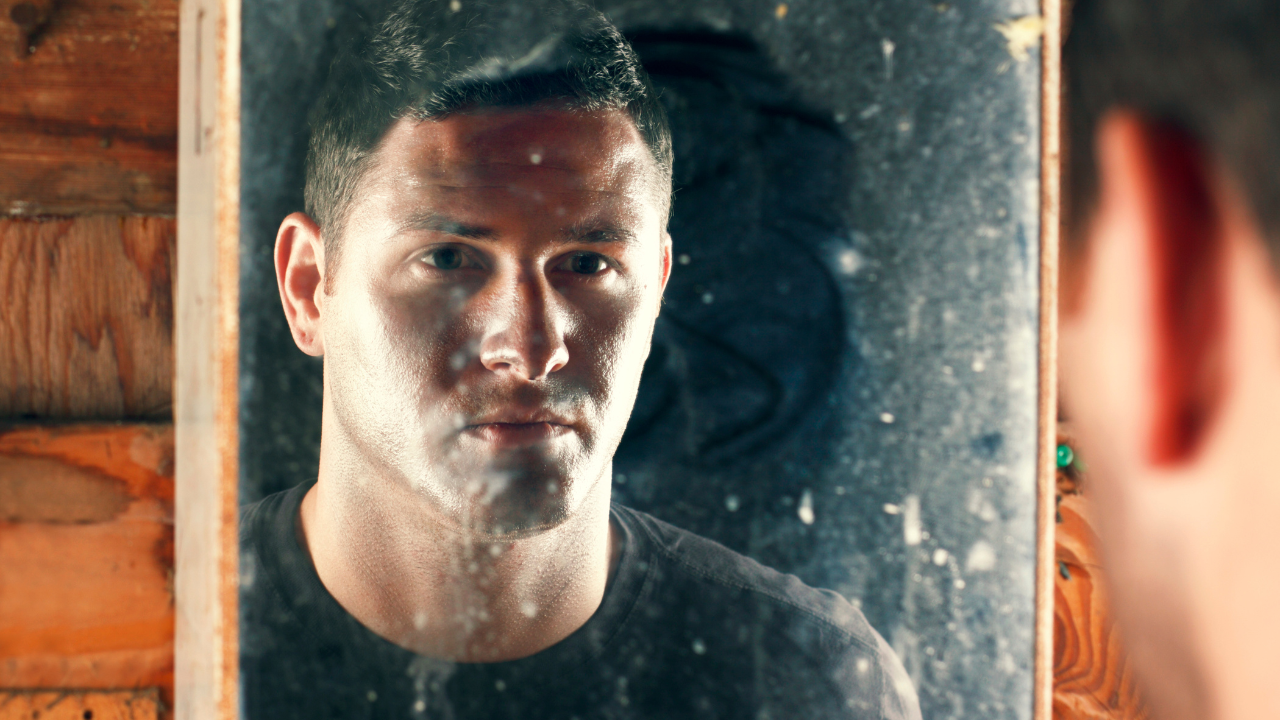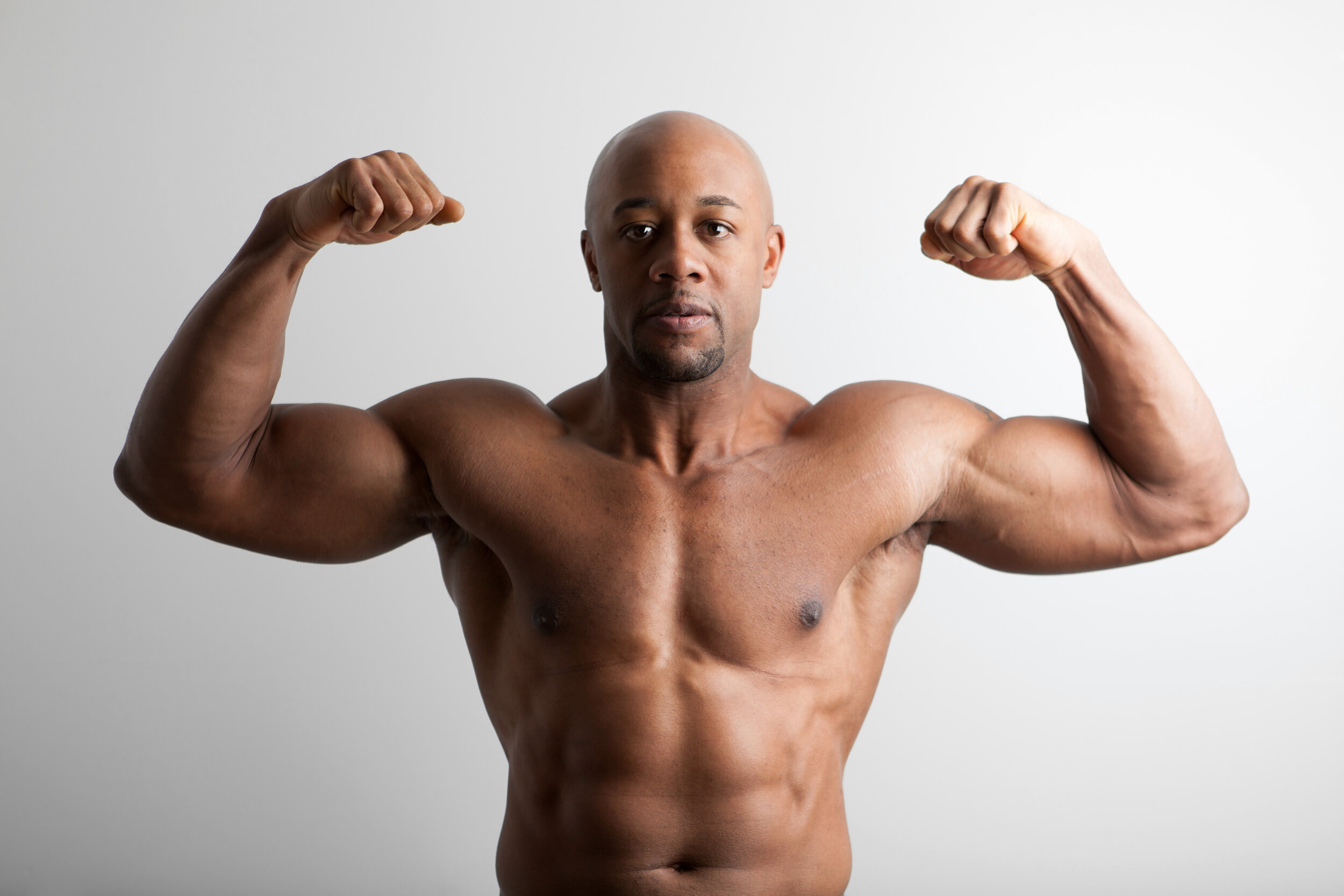

What You Look Like Shouldn’t Matter
Feeling good in our bodies is often wrongly conflated with “looking good to other people.” Many people start working out because they want to change how they look, but there is a genetic limit to what we can change about our bodies. Finding something at the gym that makes it fun and rewarding to do the actual work of working out is much more rewarding and often leads to feeling good even if there aren’t big visual changes to the body.

When Do We Physically Peak? (Peaking Part 2)
Olympic weightlifting is the main professional lifting competition, but Olympic athletes cannot be used to assess averages for lifters. The people who make it to the Olympics have genetic and social advantages that make them the best in the world.
The margin of winning at these high levels is so small that even the most dedicated and talented athletes may never make it to the Olympic Games and could quit trying to compete well before their physical peak.
Research in masters lifting has shown that most lifters were physically peaking between ages 30-35, and although their abilities do start decreasing, it’s at a much smaller and slower rate than people tend to expect.
Career peaking is a social construct and should not be used as the only way to measure expected performance and growth.
